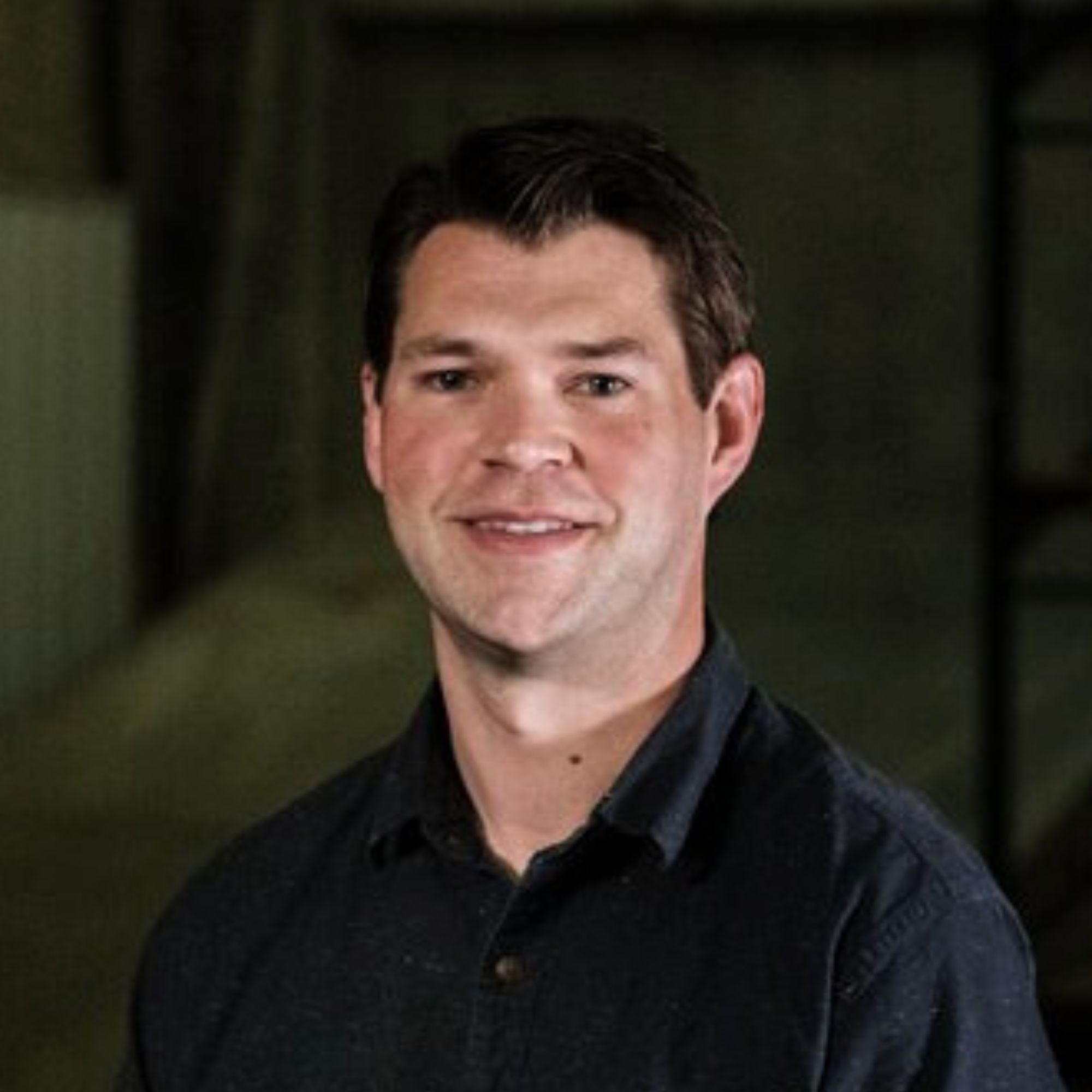Ready to launch your own podcast? Book a strategy call.
Frontlines.io | Where B2B Founders Talk GTM.
Strategic Communications Advisory For Visionary Founders
Conversation
Highlights
From Google Engineer to Construction Tech Innovator: Amar Amte’s Unconventional GTM Playbook
The pandemic-era toilet paper shortages revealed more than just America’s hoarding tendencies—they exposed fundamental flaws in local commerce infrastructure. For one Google engineer, it sparked a journey that would transform an overlooked corner of the construction industry.
In a recent episode of Category Visionaries, Amar Amte, CEO and founder of Pegbo, a supplier diversity procurement platform that’s raised $1.4 million in funding, shared how his outsider perspective became his greatest asset in revolutionizing how small, local, and diverse businesses connect with construction opportunities.
The Pandemic Pivot That Changed Everything
“I got involved in local shopping during the time when people were fighting over toilet paper,” Amar explains. “That’s when I got to know about how messed up the local shopping and local businesses are in US and how they are not structured to win.”
This initial observation led to a startling insight: “86% of the GMV happens in 5 mile radius of someone’s house. So there’s a lot of money to be made in local shopping.”
Armed with this knowledge and his software engineering background, Amar left Google to build what he thought would be a local commerce solution. Instead, he made what he candidly calls “a very typical mistake of building solution in search of a problem”—an equipment rental marketplace for construction.
Despite quickly amassing access to $400 million worth of equipment from local suppliers, something unexpected happened. Customers kept asking about minority businesses, disadvantaged businesses, and diverse suppliers. The marketplace wasn’t addressing their actual needs.
Rather than stubbornly persisting with their original vision, Amar made a decisive call to pivot entirely: “We just shut down our equipment rental platform.”
The result? “Within 15 days we got first paying customer. When we pivoted away from equipment rental.”
Product-Led Growth Without the Cash Burn
Unlike many venture-backed startups that pour millions into marketing before proving product-market fit, Pegbo took the opposite approach. When asked about their sales conversations, Amar revealed their refreshingly straightforward strategy:
“We don’t tell them, ‘Oh, this is what we will do.’ No smoke and mirrored. We just show them the product. Like look at this, see what you like, tell us if there are any gaps that we have.”
This product-first approach stems partly from necessity and partly from conviction. “We are a startup. We don’t have millions of dollars to burn or hundreds of thousands of dollars to burn,” Amar explains. “We are just going ahead with product.”
This commitment to letting the product sell itself extends to every aspect of their operations. Despite raising $1.4 million, Pegbo operates as a remote-first company, avoiding unnecessary expenses like office space. “I don’t want to spend my investors’ money on renting toilets and kitchens,” Amar states bluntly.
Even his attention-grabbing branded Cybertruck—which he notes “you can spot from 500ft”—was purchased with his personal funds. “That is my own money. Even the rap. I spent my own money on it.”
This disciplined approach has yielded impressive results: Pegbo has doubled revenue for three consecutive quarters and is approaching cash-flow neutrality—a remarkable achievement for an early-stage startup.
Community-Centered Marketing That Delivers Tangible Value
Rather than traditional advertising (they’ve spent only about $500 on ads), Pegbo has built their marketing strategy around community events and promoting the work of local leaders.
“We are promoting people, we are promoting, like, the effort that the local people are doing,” Amar explains. “We are promoting the mayor, right? And that’s how we are kind of going ahead. We are promoting people and their work.”
Their event strategy is particularly noteworthy for its focus on outcomes rather than attendance numbers. Pegbo partners with Builders Exchanges across California to create spaces where small businesses can connect with major contractors.
“What we focus on is what happens after the event,” Amar emphasizes. “If people are not qualified with a general contractor, they just waste a lot of time.”
By ensuring participants receive tangible value—like meeting with large contractors, submitting pre-qualifications, and receiving invitations to bid—Pegbo creates a virtuous cycle. “These guys come back to the next event because they know that, you know, last time they came and met with Swinnerton, then they got to meet with Swinnerton and submit their pre qualification, they got invitation to bid.”
The Outsider Advantage in Construction Tech
Despite having no background in construction before founding Pegbo, Amar views his outsider perspective as a crucial advantage. “It’s a strength. It’s not a weakness,” he insists.
“At my previous work I was able to think at scale. I was able to see that, you know what, oh my God, this can be solved this way. And I did not have baggage,” Amar explains. This fresh perspective allowed Pegbo to imagine solutions that industry veterans might have dismissed as impossible.
Construction has traditionally been slow to adopt new technology, but this resistance is rapidly changing, driven by decreasing computing costs and AI capabilities. “When we started summarizing the project, it was $7 per project. Now it is less than 110 of a $0.07,” Amar notes, highlighting how dramatically AI implementation costs have fallen.
The Path to Scalable Growth
Pegbo’s growth trajectory comes from a methodical approach to scaling their operations. “We defined our end-to-end user journey, then we vetted that user journey with our users,” Amar explains.
Their process for introducing new services follows a consistent pattern: start manual, then automate. “Get the order first thing. If we are offering some as a new service, we are doing partially manual. But very soon we are coming back, learning from what we did and automating those pieces.”
This approach has led to increasingly automated operations, with Amar proudly sharing that they recently closed a $23,000 deal for a five-year project “100% automated… I didn’t touch it. It’s beyond founder. That’s the beauty.”
Key Takeaways for B2B Founders
Amar’s journey with Pegbo offers several valuable lessons for other B2B tech founders:
- Be willing to shut down your initial product completely if customer feedback indicates a better direction
- Let your product do the selling instead of making promises you can’t keep
- Focus on delivering tangible outcomes from community events, not just attendance
- Maintain extreme financial discipline, directing resources primarily toward product and customers
- Embrace your outsider perspective as a strength that allows you to see solutions others might miss
- Start manual, then systematically automate processes based on what you’ve learned
As Pegbo continues to grow and transform how small and diverse businesses participate in construction supply chains, Amar’s outsider perspective and disciplined approach offer a compelling model for founders looking to create category-defining companies in traditionally tech-resistant industries.
Actionable
Takeaways
Let your product do the selling:
Pegbo focuses on demonstrating their product rather than making promises. Amar notes, "The aha moment is product. We are letting our products sell themselves." B2B founders should prioritize building a product that speaks for itself rather than relying heavily on marketing rhetoric.
Make meaningful pivots quickly:
When Pegbo discovered customers were asking about minority and small businesses rather than just equipment rentals, they completely pivoted their business model. Within 15 days of pivoting, they had their first paying customer. Founders should be prepared to recognize when the market is pulling them in a different direction and be willing to make decisive changes quickly.
Focus on post-event value:
For community events, Pegbo concentrates not just on the event itself but what happens before, during, and after. Amar explains, "If people are not qualified with a general contractor, they just waste a lot of time... What we focus on is what happens after the event." B2B founders should design events with clear pathways to customer value beyond networking.
Strategic resource allocation:
Despite raising $1.4 million, Pegbo maintains strict financial discipline. Amar personally paid for his branded Cybertruck rather than using company funds, stating, "I don't want to spend my investors' money on renting toilets and kitchens." Funding should be directed primarily toward product development and customer acquisition.
Embrace regulatory changes as opportunities:
Rather than seeing shifting regulations around supplier diversity as threats, Pegbo views them as opportunities. Amar notes that even as some diversity criteria change, "support to local businesses, small businesses are going to stay." B2B founders should look for the consistent underlying needs that persist through regulatory changes.
Start manual, then automate:
Pegbo's growth strategy involves first getting orders, performing some services manually to learn, then automating those processes. This approach led to completely automated $23,000 projects without founder involvement. B2B founders should consider a "do things that don't scale" approach initially before building automation systems.






















